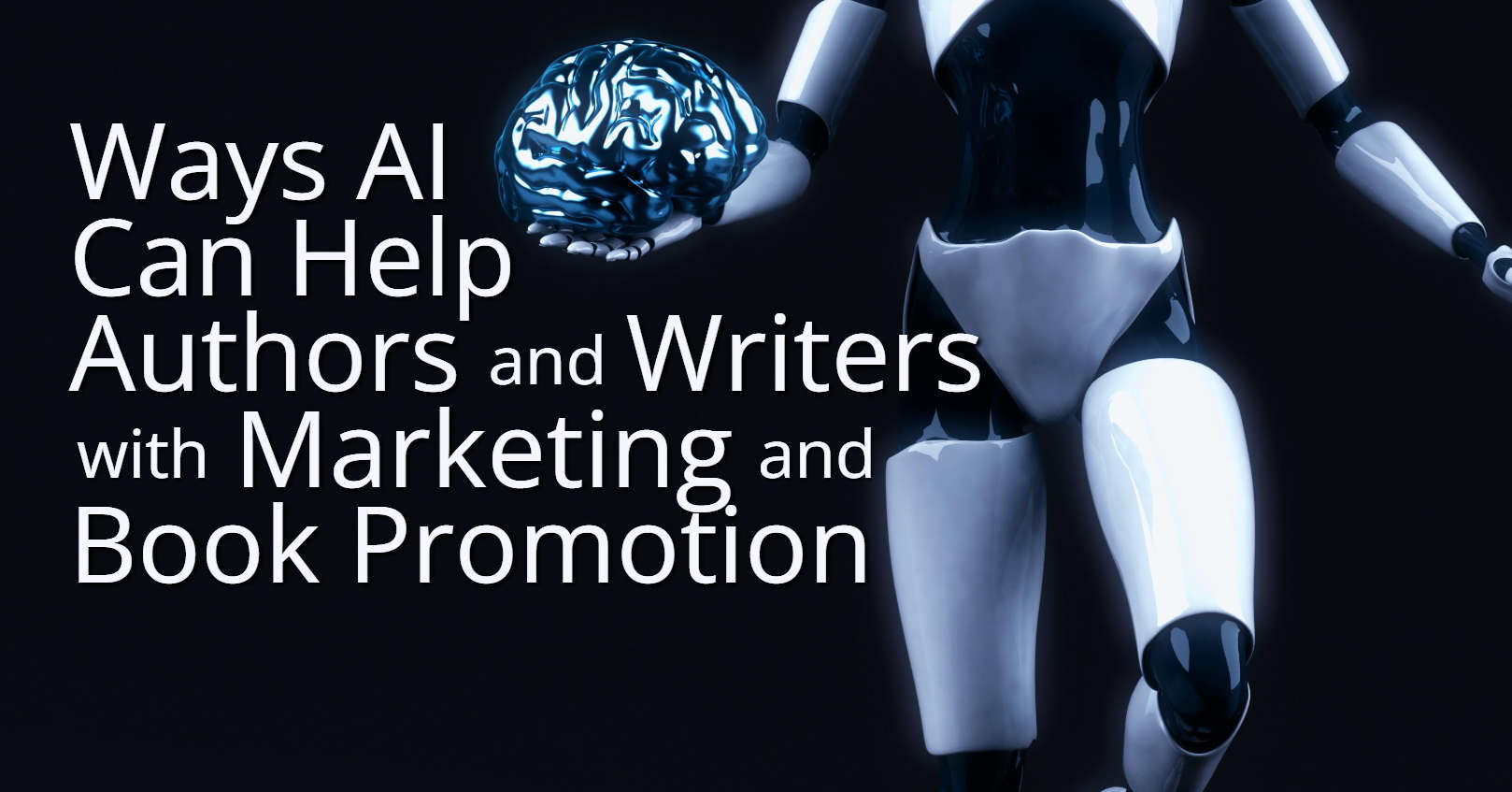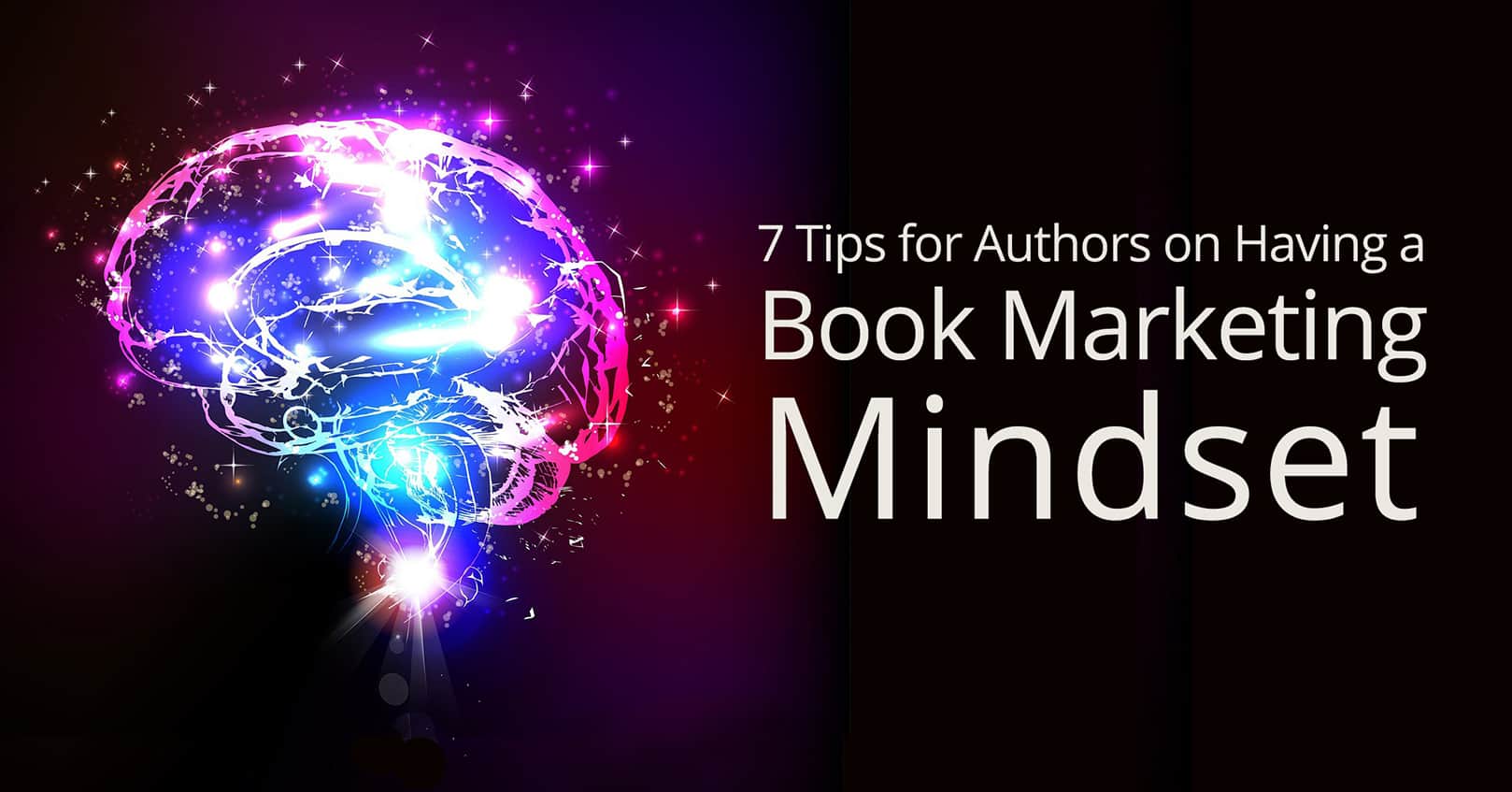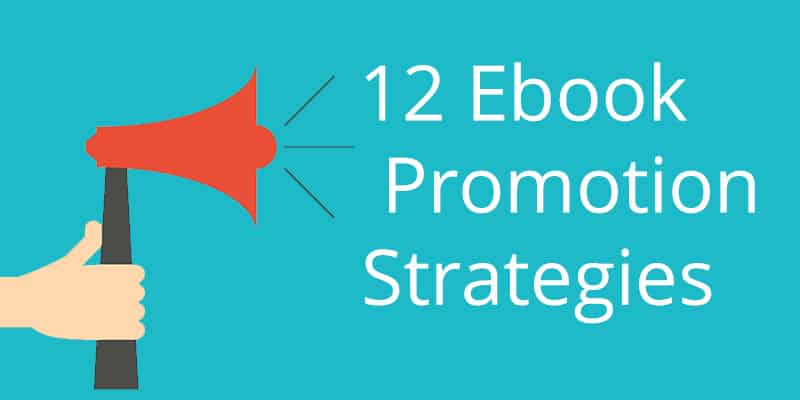
I’m guessing you decided to become an author because you love to write, right?
So, learning that you’d also have to do a lot of your own marketing was probably sort of a downer.
We’ve previously discussed how AI can help with the writing process, even though the writing capacity of AI has a long way to go. However, when it comes to marketing and other less creative fields, AI seems to perform much better. In fact, one of the main ways AI can benefit authors and writers is by helping them do the things outside of writing that they don’t enjoy as much.
Here are some ways AI can save you time promoting your books so that you can spend more time on writing.
1. AI Can Help You Perform Market Research
Despite its knowledge cut-off of January 2022, AI can be very helpful in discussing market behaviors and trends. The book industry has been around forever, and while some particular details may have changed in the chaos of the last few years, a lot more has stayed the same.
AI is algorithms, lots and lots of algorithms. And it has the knowledge base and ability to sift through vast amounts of information, including social media trends, reader reviews, and sales data, to identify emerging genres, popular themes, and niche markets. This can help you navigate the complex landscape of publishing and reader preferences in seconds.
Some authors write what they love, some authors write for the data, and some authors use a combination of both. Wherever you fall, getting insights into this data can help you make data-driven decisions about what to write, how to position your work, and which audiences to target.
2. AI Can Help You Create a Blurb That Sells
Why is it that so many authors can write amazing novels, but struggle to sum up that same novel into a simple blurb?
If this sounds like you, perhaps AI can help you with that tricky blurb part.
A blurb is one of the main factors of a book’s success. And the success of a blurb is less about how well you can write and more about how well you can market. Of course, many authors don’t have a marketing career on the side. However, AI does.
Use AI’s knowledge of both the publishing industry and marketing best practices to help you develop a compelling blurb. It can provide guidance and suggestions based on the patterns and trends of successful blurbs that it has analyzed.
So, input the book blurb you’ve been working on and ask it to help you improve it. You can even give it a summary of your novel and see what it comes up with. It can present engaging idea ideas that are market-ready, and then you can adjust them to truly ensure they represent your book properly.
3. AI Can Help Generate Marketing Checklists and Campaign Ideas
AI is full of ideas. So you might as well use them to your benefit.
Use AI to help outline a step-by-step checklist to take you all the way from pre-launch preparations to post-launch activities including digital marketing strategies, engagement tactics, and more!
It can also help you come up with more innovative ideas for marketing your book. Give it your exact situation and let it pump out as many ideas as it can think of. Keep asking it to generate more and more ideas, until it’s clear that even AI is stretching itself thin. Take a look through that list and see which ideas appeal to you.
4. Develop Blog Ideas (with SEO Optimization)
Most of the time, when you begin a blog, you have an abundance of ideas. Until one day you don’t.
More importantly, when you’re using blogging as a form of marketing, not every idea will bring you new readers. There’s a difference between blogging for yourself and people you know and blogging as a means of marketing to attract new readers.
If you’re struggling with the second type of blogging, AI can help. It can perform keyword research, content gap analysis, identify trending topics, answer reader questions, etc. It can also help you learn how to best optimize blogs for search engines. Ask it for a list of steps you should take if you want your blog to perform well on Google.
You can even combine these different steps into one by using a prompt like, “Give me five blog post suggestions for high search volume and low competition keywords for romance readers.”
Once you have your list of blogging keywords and ideas, it can then help you come up with catchy title ideas and even an outline of points you could cover.
5. Create Social Media Content Across All Platforms
AI is great at helping with your social media content. Ask it to help you come up with ideas for what works best on each platform. Give it a blog or your book blurb and ask it to help you create some post variations to go with it.
For example, you could try something like, “Create a X announcement for the release of my new book” and give it a summary of the title.
You can also give it a post idea and ask it to optimize it for all the platforms you’re active on. This means you won’t have to figure out how to shorten one post for a platform like X. Or how to make a post more professional for a platform like LinkedIn.
You’ll also find that AI is good at suggesting what multimedia elements like images or videos, would work best with the post you’re working on. If you’re doing videos, it can help auto-caption a video. It can also help you identify the times when posts perform best on each platform to help you increase visibility and engagement. Some AI tools can even respond to comments and messages promptly to help you foster a sense of community with your readers.
6. Create Ad Copy That Makes the Most of Your Ad-Spend
Much like how AI has the knowledge and data on what types of blurbs work best, it also knows what type of ad copy performs best. Ask it to generate some captivating descriptions with persuasive calls to action tailored to different advertising platforms based on your book. As always, take the ideas that AI gives you and tweak them to make them even better.
7. Turn Book Snippets or Blog Posts into Video Scripts
As we’ve touched on previously, AI is pretty good at taking content you already have and changing it into another format. You’ve probably heard that video is king these days, but making video doesn’t come easily to everyone. Let AI help you by taking good-performing content you already have or select snippets from your novel and transforming it into a script that you can then turn into a video.
Once you have the script, you can even use AI tools to generate the video that goes with it. However, there are some limitations to doing this. Firstly, some people may disagree with your use of AI video tools. Secondly, most platforms will not allow you to monetize AI-generated video. So you’d only be able to use this content for promotional content and won’t be eligible for the creator payouts some platforms offer.
8. Help with Coding Situations
If you’re a one-man show running your own author website without access to a regular developer, then you’ll probably be happy to learn that AI has a pretty impressive coding database and that it’s always happy to help you with your tricky coding situations.
You can ask it for the coding specifics for getting the formatting on your blog to do exactly as you wish or for help customizing your design by providing guidance on basic HTML and CSS to make adjustments such as changing fonts, colors, layouts, or adding custom elements like headers, footers, and sidebars.
You could also ask it for help with things like embedding multimedia content, implementing contact forms, optimizing website performance, troubleshooting website errors, and optimizing for technical SEO aspects.
This can help you maintain and optimize your website without relying so much on developers, which will allow you to better showcase your work and engage with your audience without irritating website glitches getting in your way.
9. Generate Messages and Email Replies
Not only are there AI chatbots that can be implemented on your website and social media pages to help you reply instantly to your readers, helping to foster a sense of community and create a personal connection, but you can also paste emails and messages into AI and ask it to help you create a reply.
This can help you get through your emails quickly, especially if you’re lucky enough to receive a lot of fan mail. Ask it to keep responses grateful, but simple. Describe the type of tone and style of writing you prefer, to help the email sound more like, well, you. And make sure any truly personal information actually does come from you.
It can also help you come up with a list of canned response emails that you can send to situations that happen over and over again.
10. Unlock Competitive Pricing Based on Customer Behavior Secrets
With the help of AI, authors can leverage customer behavior analysis to unlock competitive pricing strategies. By delving into sales data, customer reviews, and market trends, authors can discern patterns in purchasing behavior and other factors that influence decisions, such as price sensitivity and competitor pricing strategies.
With this understanding, authors can employ dynamic pricing approaches such as changing price structures during times of historically low and high sales. Additionally, segmenting the customer base allows for personalized pricing plans tailored to different demographics or preferences.
Predictive modeling with AI further enhances this process by forecasting future trends, enabling authors to anticipate shifts in behavior and adapt pricing strategies accordingly. Through ongoing experimentation and optimization, authors can refine their pricing tactics, ensuring they remain competitive while maximizing profitability.
11. Create Book Club Discussion Questions, Character Quizzes, and Other Interactive Materials
Character quizzes are a ton of fun for readers. However, they can be a little tricky to formulate on your own. Just identify some key characters from your book, define their core traits and characteristics, and ask AI to help you create a quiz that will help readers determine which character they are most like.
You can also use AI to help generate questions for book clubs, or even quizzes for the ends of chapters if your book is a learning resource. Simply give it the chapter and ask it to give you some ideas for questions that go well with it. It can even generate a list of answers if needed.
What other creative ideas could AI help you with? The list is literally endless.
12. Suggest New Tools and Workflows That Take Care of Time-Consuming Tasks
Take a while to think about your day-to-day tasks. Are there any items that you feel take up more time than they should? Or that you dread doing?
Why not ask AI if there are any tools that can help you out? There are currently hundreds of different tools being developed using AI technology. You’ll probably be surprised at just how much can be done with the help of AI.
Are there any AI tools you love or places where AI has really benefitted you? Share with us in the comments below!
Happy writing,















Comments